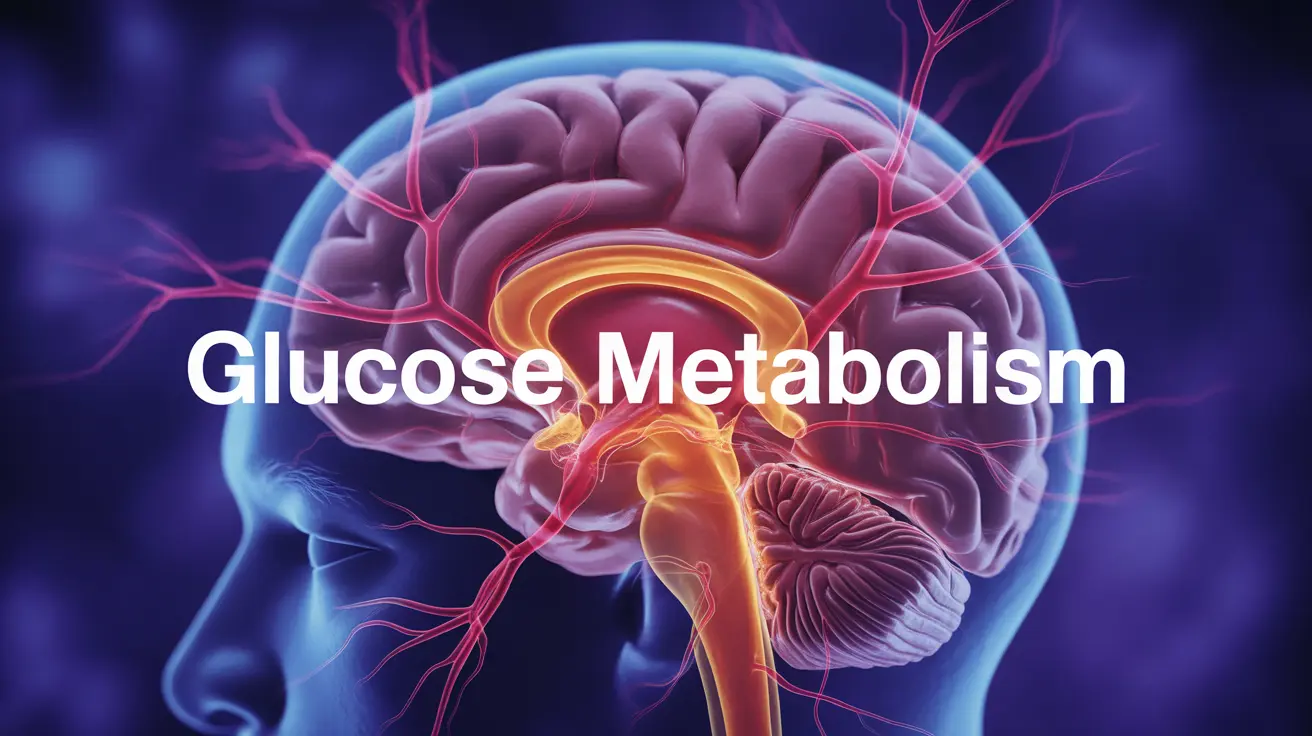Living with diabetes involves managing more than just blood sugar levels. Many people with diabetes experience memory problems, leading to concerns about cognitive function and daily life. Understanding the relationship between diabetes and memory loss, including whether it can be reversed, is crucial for better disease management and overall well-being.
Recent research has shown that diabetes can significantly impact brain health, but there's hope in knowing that many cognitive effects may be manageable or even reversible with proper care and intervention. Let's explore the connection between diabetes and memory function, and discover what steps you can take to protect your cognitive health.
How Diabetes Affects Memory Function
Diabetes can impact memory and cognitive function through several mechanisms. High blood sugar levels can damage blood vessels in the brain, affecting how efficiently oxygen and nutrients reach brain cells. This damage can lead to memory problems and difficulties with concentration and decision-making.
Additionally, insulin resistance, a hallmark of type 2 diabetes, may interfere with the brain's ability to use glucose effectively, potentially contributing to memory issues and cognitive decline.
Common Signs of Diabetes-Related Memory Loss
Recognizing the signs of diabetes-related memory problems early can help you take prompt action. Common symptoms include:
- Difficulty remembering recent events or conversations
- Struggling with daily tasks that were once routine
- Problems with planning and organization
- Slower mental processing speed
- Increased confusion or disorientation
The Role of Blood Sugar Control in Memory Function
Maintaining stable blood sugar levels is crucial for protecting brain health and cognitive function. When blood glucose levels fluctuate dramatically, it can affect memory formation and recall. Studies suggest that better glycemic control may help prevent or slow the progression of memory problems in people with diabetes.
Impact of Diabetes Medications on Cognitive Health
Different diabetes medications can have varying effects on cognitive function. Some medications, like metformin, may offer protective benefits for brain health, while others might need careful monitoring to ensure they don't contribute to memory issues. Always discuss any concerns about medication effects with your healthcare provider.
Lifestyle Strategies for Protecting Memory
Several lifestyle modifications can help manage diabetes-related memory loss:
- Regular physical exercise to improve blood flow to the brain
- Following a balanced, diabetes-friendly diet
- Getting adequate sleep
- Engaging in mentally stimulating activities
- Managing stress through relaxation techniques
- Regular blood sugar monitoring and management
The Connection to Alzheimer's Disease
Research has identified links between diabetes and an increased risk of Alzheimer's disease, often referred to as "type 3 diabetes" by some researchers. This connection emphasizes the importance of proper diabetes management for long-term cognitive health.
Frequently Asked Questions
Can memory loss caused by diabetes be reversed, and how does blood sugar control affect this? Memory loss related to diabetes may be partially reversible, particularly when caused by poor blood sugar control. Stabilizing blood glucose levels through medication, diet, and lifestyle changes can help improve cognitive function and prevent further decline.
What are the common symptoms of memory loss related to diabetes that I should watch for? Key symptoms include forgetting recent events, difficulty multitasking, problems with planning and organization, slower thinking, and increased confusion. If you notice these symptoms, consult your healthcare provider.
How do diabetes medications like metformin or sulfonylureas impact memory and cognitive decline? Metformin may have protective effects on brain health, while some studies suggest it might help reduce the risk of cognitive decline. The impact of sulfonylureas varies, and their effects should be monitored closely by your healthcare provider.
What lifestyle changes can help prevent or reduce memory loss in people with diabetes? Regular exercise, maintaining a healthy diet, getting adequate sleep, staying mentally active, managing stress, and consistent blood sugar monitoring can help protect cognitive function.
Is there a connection between diabetes-related memory loss and increased risk of Alzheimer's disease? Yes, research has shown that people with diabetes have a higher risk of developing Alzheimer's disease. This connection appears to be related to insulin resistance and blood vessel damage in the brain.




